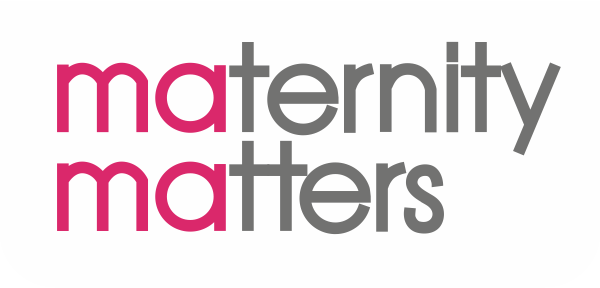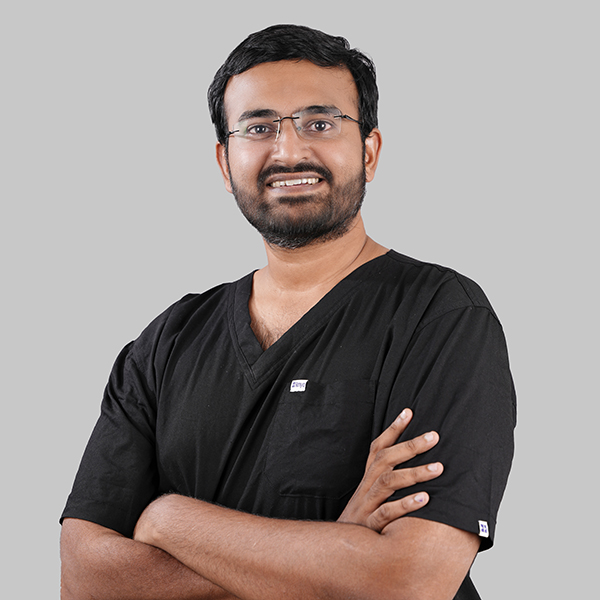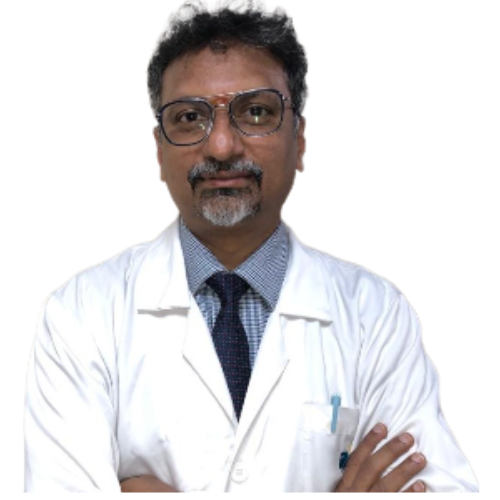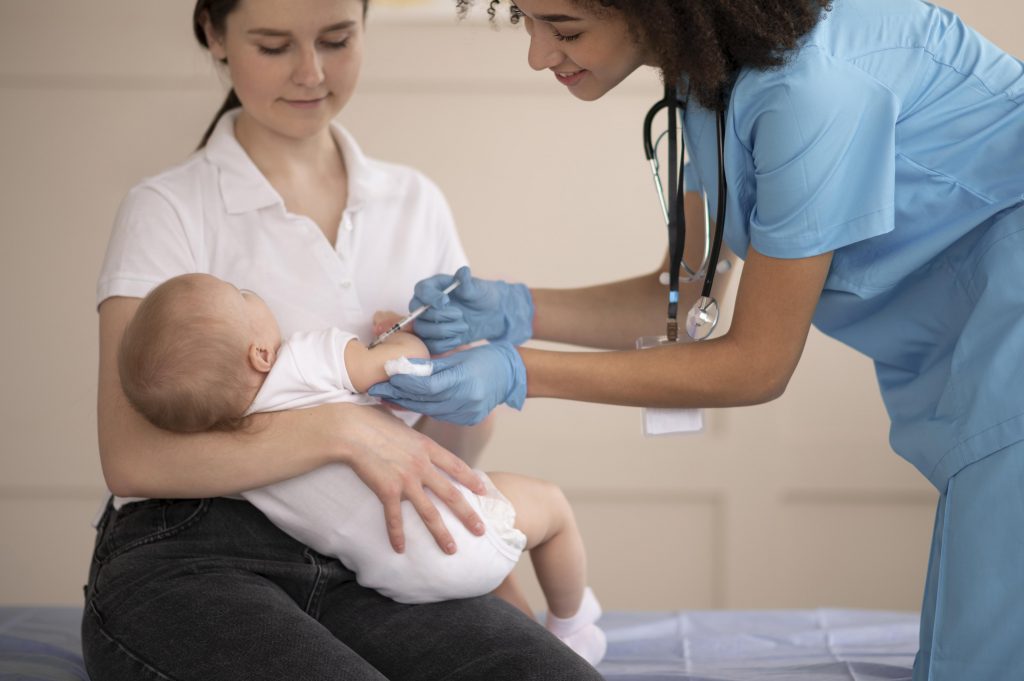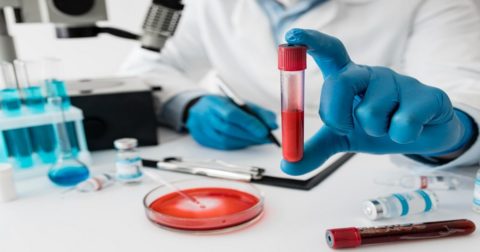Pranaam Hospital > Paediatrics Surgery
Best Paediatrics Hospital In Hyderabad
Big on care for little ones.
Big on care
for little ones.
From small niggles to developmental concerns to surgeries, your child's in the safest of hands.
There’s nothing blissful than hearing a child’s laugh or watch them grow right before our eyes. It’s another story when their health takes a different turn and our hearts ache while they lay incapacitated with a chronic disease or health condition.
We undertake exemplary measures in providing quality surgical procedures and treatments for our young patients with cutting-edge technology, the latest invasive and non-invasive techniques and abundant medical resources at the surgeons’ disposal.
The Paediatric Surgical Department’s forte lies in diagnosing, evaluating and treating young patients with congenital disorders and acquired conditions pertaining to the head, neck, chest, thorax, abdomen, gastrointestinal tract and other ailments.
At Pranaam, we strive to keep your hopes alive with the best Paediatric surgical care for newborns, infants, children, adolescents and young adults.
Our Paediatric Surgery Department boasts of a renowned team of Doctors and Surgeons with a broad skill set and expertise, take a multidisciplinary approach by closely collaborating with renowned Specialists to provide comprehensive and essential round the clock care our young patients need and deserve.
Paediatric Conditions We Treat
Lymphangioma
Lymphangiomas are the result of noncancerous, fluid-filled cysts that occur in lymphatic vessels causing swollen tongue, swelling in the affected tissue or organ, double vision, breathing difficulties and may appear as tiny red or blue spots. It is estimated that this condition occurs in about 1 in 4000 births and can affect any part of the body. But is most common in the head and neck region. Surgical treatment involves removal of the cyst in the affected area depending on the location as it might be difficult to perform this surgery if the mass is too close to the organs and nerves.
Tracheoesophageal Fistula
Another birth defect that arises during fetal development where the oesophagus and trachea are abnormally connected. This condition causes saliva and liquids fed to the infant to travel down the windpipe through the Tracheoesophageal fistula leading to cough, respiratory distress and bluish appearance of the skin and lips.
Necrotizing Enterocolitis
Sed ut perspiciatis unde omnis iste natus error sit voluptatem accusantium doloremque laudantium, totam rem aperiam, eaque ipsa quae ab illo inventore veritatis et quasi architecto beatae vitae dicta sunt explicabo.
Imperforate Anus
Imperforate anus is a birth defect that occurs during the baby’s development in the womb causing an improperly developed anus and results in an inability to pass stool. A temporary colostomy is performed which will allow time for the infant to grow before surgery to repair the problem.
Esophageal Atresia
This is a birth defect that affects the upper part of the digestive tract causing an abnormal gap between the baby’s oesophagus and stomach. Newborns with this condition are taken into the NICU or the Newborn Intensive Care Unit right after birth for an evaluation. The surgery is done almost right after birth to avoid any life-threatening complications later.
Cleft Lip And Palate
Cleft lip and cleft palates are openings in the upper lip and the roof of the mouth or both. This occurs when the facial structures aren’t fully developed and don’t close completely while the baby is in the mother’s womb. These are isolated birth defects but can also be associated with inherited genetic conditions. Cleft lips and palates can be identified and diagnosed while performing an ultrasound.
Hypertrophic Pyloric Stenosis
This condition is a result of thickened pylorus muscles that obstruct the passage of the stomach and the intestines.
A minimally invasive surgery known as Pyloromyotomy is often performed on the same day as the diagnosis to correct this problem.
Hirschsprung’s Disease
With this congenital condition, the disease affects the large intestine causing the inability or problems with passing stool. This occurs as a result of missing nerve cells in the muscles of the baby’s colon.
Undescended Testes
Undescended testes, also known as cryptorchidism, is a testicular condition where the testicles haven’t moved in their proper position in the scrotum before birth. This is common among premature male infants. This is treated using either laparoscopic or open forms of surgery.
Intestinal Atresia
Intestinal atresia is a part of the fetal bowel that is not fully developed resulting in partial or complete blockage of the intestinal tract. This condition can occur anywhere in the intestinal tract but generally affects the small intestine and is usually treated right after birth.



Neuroblastoma
This is a birth defect where the infant’s intestines and other abdominal organs such as liver, bladder, stomach, ovaries or testes, develop outside of the body due to a hole in the abdominal wall.
Gastroschisis
With this birth defect, the infant’s intestines develop outside of the body caused by a hole in the abdominal wall.
Hernias
A hernia can develop in the first few months after a child is born due to weakness in the abdominal muscles. Symptoms may include a full, round belly, pain, soreness, vomiting, redness or discolouration in the area near the hernia and fever.
Pectus Excavatum
Pectus excavatum is a condition in which a person’s breastbone is sunken into his or her chest. This is noticeable after birth and the severity only worsens as the child grows into his or her adolescence and is more common among boys than in girls.
Neuroblastoma
This form of cancer is caused by immature nerve cells found in several areas of the body. Commonly forms in and around the adrenal glands. However, this can also form in other parts of the body such as the abdomen, chest, neck and near the spine. Neuroblastoma commonly occurs in children who are 5 years of age or younger and is a rare occurrence in older children.
Atypical Teratoid Rhabdoid tumour (ATRT)
Atypical Teratoid Rhabdoid tumour is an aggressive form of tumour that affects the central nervous system. Primarily seen in the cerebellum of the brain, it can spread to other parts of the brain, spine or body. This condition is usually seen in children by the age of 3 but occasionally occurs in older children. Symptoms may include headache, hydrocephalus where there is a build-up of fluid in the brain resulting in an increased size of the infants head, vomiting, fatigue and trouble with balance and coordination.
Wilms’ tumour
Wilms’ tumour also known as nephroblastoma, is a rare form of kidney cancer that affects children between the ages of 3 and 5. Symptoms may include abdominal swelling, pain, blood in the urine, fever, vomiting, loss of appetite, shortness of breath and high blood pressure.
Liver tumours
Liver tumours in children can happen at birth but can also develop in the later stages of life. The best course of treatment for liver tumours is to surgically remove the tumours while they’re still in the benign stage.
Rhabdomyosarcoma
Rhabdomyosarcoma or RMS is a rare form of cancer that affects the skeletal muscle tissue or hollow organs such as the bladder or the uterus. This can occur at any age but is commonly seen among children. Treatment for this condition is based on the severity, size and location of the tumour. Symptoms may include headache, bulging of the eyes, nosebleeds, trouble urinating, difficulty with bowel movements and mass bleeding in the vagina or the rectum.
Teratomas
Teratomas are rare tumours that hold different types of tissue such as bone, teeth, muscle and hair. They’re usually found in the ovaries, testicles and tailbone but can develop in the abdomen and the nervous system. These can be present in the form of solid, cystic tumours or a combination of both.
- Paediatric Trauma
- CareNewborn Surgery
- Laparascopic Surgery
- Paediatric Urology
- Hepatobiliary Surgery

There's nothing blissful than hearing a child's laugh or watch them grow right before our eyes. It's another story when their health takes a different turn and our hearts ache while they lay incapacitated with a chronic disease or health condition.
Why Pranaam Hospitals?

Award Winning Care
We’re honoured to be accredited by the NABH and NABL for our team’s exemplary skills and quality care. The people have spoken as well - we’re recognised by patients and professionals alike in the Times of India, too.

Research Backed Treatment
With the constant evolution in medical science, our team of top experts, specialists and surgeons are up to date with the latest techniques and research of treatments that will aid you in living better, wholesome and happier lives.

Best In Class Infrastructure
Housed within our premises is the future of medicine where cutting-edge technologies, state-of-the-art equipment and diagnostic labs converge meeting national and international standards for providing the best health care that you and your family deserve.

Top Specialists
We have the best to give you the best. Pranaam is backed by a renowned team of top specialists in Hyderabad, with both national and international exposure so you can rest assured that you’re in the best hands.

